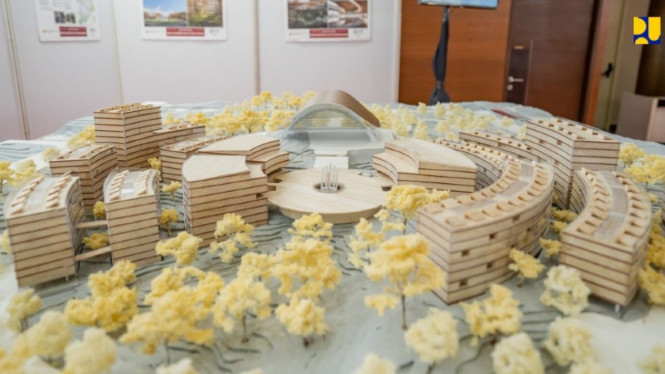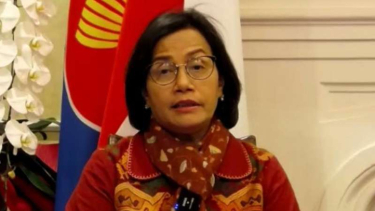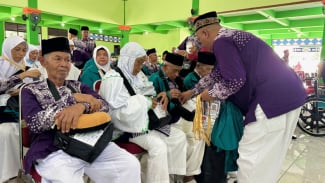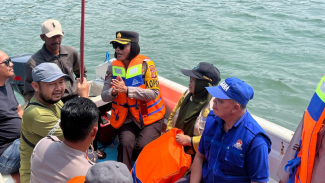- Dok. PUPR
VIVA – The Indonesian minister of Finance Sri Mulyani made a bilateral working visit to Tokyo, Japan, to attend the IMF-JICA Joint Conference on Recovery from the Pandemic in Developing Asia, and several other important meetings.
On the occasion, Sri Mulyani said that many parties are interested in the discussion on the National Capital of the Archipelago. Therefore, the Minister explained various things related to the IKN, such as the long-term plan for the development of IKN, the development of IKN development, policies, and fiscal incentives.
After that, she conveyed that Japan has an interest in the development of the Capital City of the Archipelago (IKN Nusantara), in East Kalimantan. It is said, Japan wants to invest.
"(Japan) is very interested of IKN, how the scenario of IKN development, its progress, and especially policies to support the development. Especially also the role of the private sector as well as from the international community," Sri Mulyani said in a press briefing on Tuesday.
Menteri Keuangan Sri Mulyani Indrawati.
- Anisa Aulia/VIVA.
According to Minister Sri Mulyani, Japan highlighted the issue of green energy for IKN. The government as it is known is also committed to supporting the green energy transition, which for IKN will apply green energy.
"Their IKN is more about seeing the development plan and of course, Japanese companies and the Japanese government will look opportunistically at things they like," the minister remarked.
Minister Sri Mulyani further said that from Japan's interest, she explained the long-term plan for the development of the new capital of Indonesia, “(The presentation) is following the law and also shares the fiscal incentives that we have created or have delivered, which also increases the role of national and international private participation,"


























